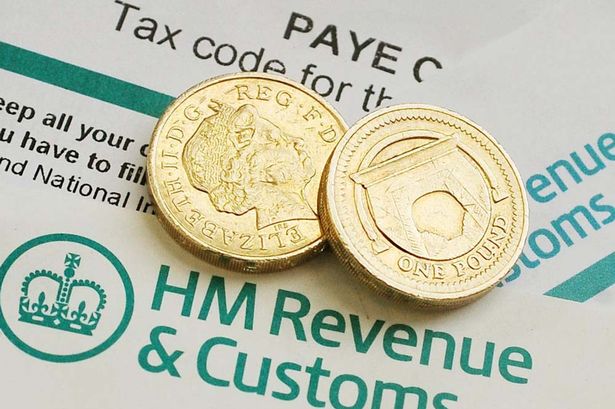Politicians are always talking about the rich or the wealthy, the well-off or those with the broadest shoulders and the taxes they pay – or don’t pay – but who are these people?
A detailed investigation by think tank the Institute for Fiscal Studies (IFS) looks at who these people might be and if they have enough money to fund the grandiose plans for public spending that Jeremy Corbyn’s Labour has in store if they win Election 2017.
Corbyn’s right-hand Rottweiler and hopeful future chancellor John McDonnell has hinted Labour wants a new 60% super tax bracket for “the 1% at the top”, who he considers are those earning £80,000 a year or more.
Tory Theresa May is also considering soaking the wealthy and cutting tax for the least well paid.
The IFS points out that high earners with an annual income of £54,000 a year or more already pay 60% of income tax collected by the Treasury.
Top earners pay most tax
Analysis showed the top 1% of earners with earnings of £165,000 or more a year already contribute 27% of income tax.
In 1978-79, the same group only paid 11% of income tax, rising to 25% by 2010.
“The distinction between wealth and income is an important one, often glossed over,” says the IFS study.
“High-income people are those who receive a large flow of money over time from things like salaries, bonuses, dividends or profits for the self-employed, whereas high-wealth people are those who have accumulated a valuable stock of assets by a point in time, typically in property, pension pots or other financial assets.
“While there are many people with both high wealth and high incomes, the overlap is far from perfect. There are wealthy individuals with low current incomes, such as older people who own a valuable house but have little income; and there are high-income people who have accumulated little wealth, such as young renters with high-paying jobs. These groups would be among those who might want somewhat more precision from politicians who claim to have plans to increase taxes on the richest.”
How much money means rich?
Official statistics examining wealth are patchy, researchers found.
One guide is the UK Rich List published by The Sunday Times, which has data on the country’s richest 1,000 people – but the IFS points out these are only 0.00002% of the population and the figures are unreliable.
Even millionaires are not rich, according to the IFS.
Figures from 2014 supplied by the Office of National Statistics reveal a net worth of £1 million only scrapes someone in to the top 10% of the wealthy, and to grab a place in the top 1%, someone has to have a net worth of at least £2.9 million.
The average net worth applied to 50% of the population is £225,100.
